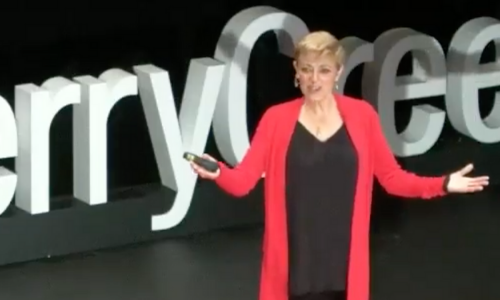
Help Teams Adapt to Change and Build Resilience
Leaders need strategies to help teams recover, realign, and be ready for more change ahead. How do we make our teams feel safe and supported, while capitalizing on their strengths?

Leaders need strategies to help teams recover, realign, and be ready for more change ahead. How do we make our teams feel safe and supported, while capitalizing on their strengths?

When leaders choose to invest in people and culture initiatives, they are looking for both quick wins and long term ROI. Stories can help teams go deeper, faster while fostering a common language that scales for sustained impact.

‘Culture’ isn’t the first intangible business needed to solve for! In this pre-recorded webinar, we offer a thought-provoking comparison to another ‘intangible’ that is bottom-line driven and foundational to success.

Self-awareness, emotional intelligence, resilience, and a growth mindset are essential for today’s leaders – and emerging leaders too.

We caught up with communication coaches Robin Miller and Hilary Blair, hearing about how they use Archetypes to help teams build trust, reframe feedback, play to their strengths, shift from blame to accountability, and work their way through what Brené Brown calls ‘rumble’.

In this conversation, organizational development professional Todd Sazdoff shares an impactful exercise he uses in leadership development courses. We hear insights on how leaders can retain staff and engage employees while managing teams remotely.

In personal transformation, the change is not about adding, but about ‘letting go’ of the activities, beliefs and false selves that have shown up…

The behaviors of a group of people are what create the culture of an organization. It’s not what we say that creates a brand; it’s what we do.

Through the lens of Archetypes we examine how the strengths of a organization’s culture can also become it’s pitfalls.

In this TEDx talk, Hilary Blair explores how a shift to Archetypes–the shared roles of the story of our lives–can assist us in expanding our views of others to create a more diverse and inclusive culture.